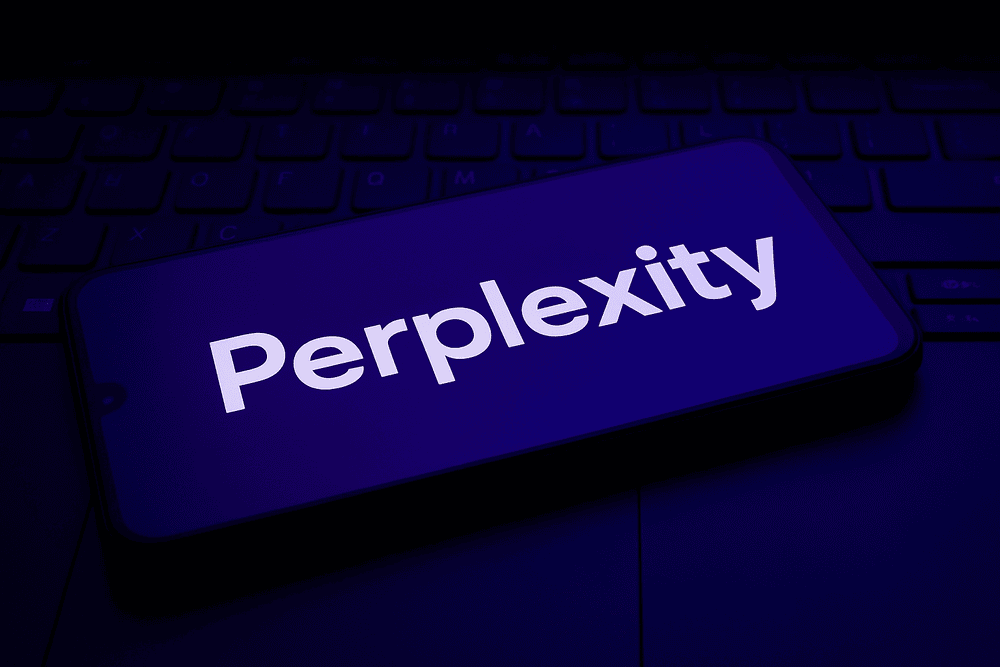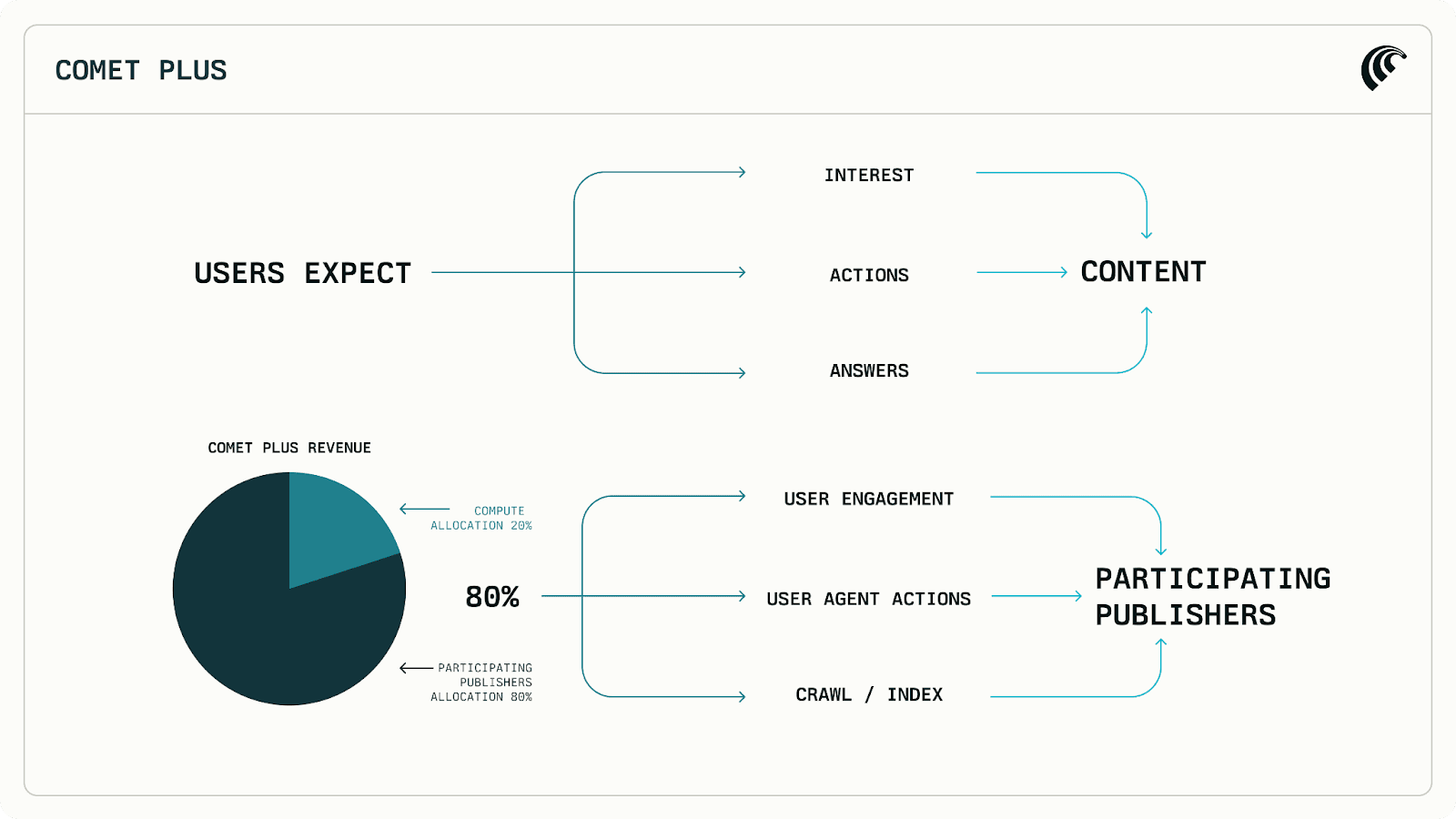Perplexity introduces $42.5M revenue-sharing program for publishers
Publishers will earn when their content drives traffic, search queries, and AI tasks

AI search startup Perplexity is rolling out a new revenue-sharing program for publishers to earn money when their news articles are used within its products, Bloomberg reported.
The company says it has set aside $42.5 million for the program, which will distribute payments based on how often a publisher’s content is accessed through Comet, its internet browser, or its AI assistant.
Perplexity CEO Aravind Srinivas said the goal is to find a “better solution” for how AI platforms interact with journalism. “AI is helping to create a better internet, but publishers still need to get paid,” he told Bloomberg.
This latest rollout builds on a revenue-sharing model Perplexity first introduced in July 2024, following accusations of plagiarism from media outlets. Early participants included Fortune, Time, Entrepreneur, The Texas Tribune, and Der Spiegel. In December 2024, the company added more publishers to its revenue-sharing model, including those in the UK, Japan, Spain, and Latin America.
How the revenue-sharing program works
Under the program, publishers can earn money in three ways: when their articles appear in search results within Comet, when they drive traffic through the browser, and when their content is used by Comet’s AI assistant to complete tasks. According to the report, the model will reward publishers when their content attracts engagement through its AI tools.
Funding for these payouts comes from Comet Plus, a $5 per month subscription tier similar to Apple News+. Customers who subscribe will get access to a curated list of articles from partner publishers. Perplexity says participating publishers will keep 80% of subscription revenue, while the company will take the remainder.

This marks a different approach from OpenAI and Google, which have signed multimillion-dollar licensing agreements with large media groups but have not introduced revenue-sharing models tied directly to usage. OpenAI, for example, has said it does not plan to share revenue with publishers.
Legal disputes and criticism
The launch comes as Perplexity faces plagiarism claims and lawsuits. Publishers, including Forbes and Condé Nast, have accused the company of using their reporting in AI-generated summaries without proper attribution. News Corp.’s Dow Jones and the New York Post are currently suing Perplexity for copyright infringement after the startup failed to dismiss their case.
However, Perplexity spokesperson Jesse Dwyer said, “We are confident AI companies will win all of these lawsuits. We look forward to settling the law on this early on, so that everyone can benefit from AI.”
Cloudflare has also accused Perplexity of bypassing protections to pull data from websites. However, Perplexity has rejected the claim, arguing its AI assistant does not scrape the web like a traditional crawler but instead accesses pages only when requested by users.
The tension between publishers and AI firms is not unique to Perplexity. Media outlets have raised concerns that AI-generated responses from tools like OpenAI’s ChatGPT or Google’s AI Overviews divert traffic away from their sites. OpenAI was sued by The New York Times in 2023 for using its articles without permission.
Still, Jessica Chan, Perplexity’s head of publisher partnerships, told Bloomberg that relying on website clicks alone is “an old model” since users are moving away from blue links and turning to AI search tools for their answers. Chan said the company wants to set “a new standard for compensation.”

